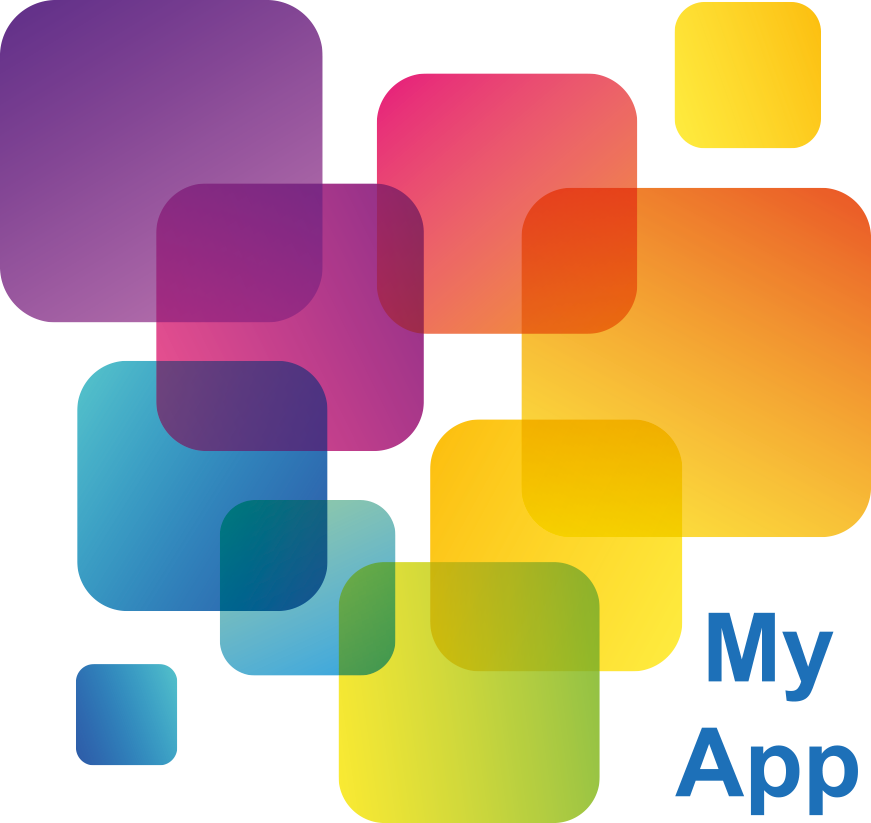Anorexia nervosa, one of the most common eating disorders, is normally about:
- restricting what you eat;
- significant weight loss and/or low body weight for your age, sex and development;
- having an intense fear of gaining weight, being fat or becoming fat;
- using behaviour that interferes with weight gain, such as exercising too much;
- there is usually a disturbance in the way in which body weight or shape is experienced;
- and/or body weight or shape having too much influence over how you see yourself.
People with anorexia nervosa often struggle to accept the seriousness of their condition.

People with eating disorders can experience:
- Dramatic personality and/or mood changes,
- Tiredness,
- Apathy,
- Social withdrawal.
Behavioural changes may include:

- Wearing baggy clothes or clothes inappropriate for the weather.
- Refusing foods previously liked.
- Cutting food into very small pieces.
- Extreme preoccupation with food, weight and shape.
Eating disorders can have serious medical consequences including:
- Growth problems,
- Heart problems,
- Gastric (stomach) problems, dental problems,
- Loss of menstrual periods,
- In some cases it can lead to death.

 Developing healthy coping skills can help towards getting over an eating disorder. The ideas below are just some alternatives to unhealthy eating disorder behaviours.
Developing healthy coping skills can help towards getting over an eating disorder. The ideas below are just some alternatives to unhealthy eating disorder behaviours.
 The
The